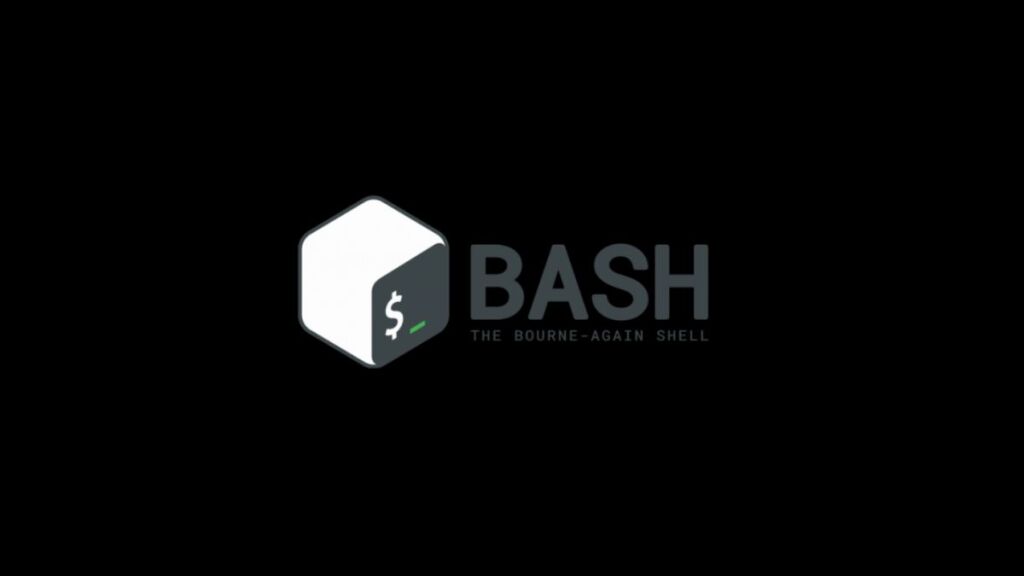The “unary operator expected” error is a common issue that Bash script developers encounter, especially those new to scripting or when working with conditional expressions. This error can be perplexing because it often occurs when the logic seems correct at first glance. Understanding this error’s cause and how to resolve it can significantly improve your scripting skills and reduce debugging time. This article delves into the causes of this error, provides examples, and outlines solutions to avoid or fix it.
What Triggers the “Unary Operator Expected” Error?
The “unary operator expected” error typically occurs in Bash scripts within conditional statements (using [ ] or [[ ]]) when a variable is not properly quoted or is missing, and the script tries to evaluate a unary operator with it. Unary operators are operators that operate on a single operand, such as -z (to check if a string is null) or -n (to check if a string is not null).
Common Causes
- Unquoted Variables: When a variable that may be empty or contain spaces is not quoted within a test expression.
- Missing Variables: Attempting to use a variable that hasn’t been set or is misspelled.
- Syntax Mistakes: Errors in the syntax of the conditional statement, such as missing spaces around operators.
Examples
Example 1: Unquoted Variable
if [ $var -eq 10 ]; then
echo "Variable is 10"
fiIf $var is empty or contains spaces, this will result in a “unary operator expected” error.
Example 2: Missing Variable
if [ -n $username ]; then
echo "Username is not empty"
fiIf the username variable is not set, this can lead to the error.
Solutions to Resolve the Error
The solutions involve ensuring that your Bash scripts handle variables correctly within conditional expressions.
Quoting Variables
Quoting the variable is the simplest way to prevent this error. It ensures that even if the variable is empty, it is treated as an empty string, avoiding syntax issues in the test expression.
Fixed Example 1:
if [ "$var" -eq 10 ]; then
echo "Variable is 10"
fiUsing Default Values
Bash allows you to provide a default value for a variable if it’s not set. This can be particularly useful for avoiding errors with missing variables.
Fixed Example 2:
if [ -n "${username:-}" ]; then
echo "Username is not empty"
fiEnsuring Proper Syntax
Ensuring that your conditional expressions are correctly formatted and that all operators and variables are appropriately spaced can prevent many common errors.
Additional Tips
- Use Double Brackets (
[[ ]]): Double brackets are more forgiving with syntax and support additional features, like pattern matching. - Check for Variable Declaration: Before using a variable, ensure it’s been declared and set to avoid unintended behavior.
- Be Mindful of Arithmetic Expressions: Use
(( ))for arithmetic expressions to avoid issues with string-based test commands.
Best Practices
- Always Quote Variables: When in doubt, quote your variables. This best practice can prevent many common errors.
- Use More Robust Conditional Expressions: Opt for
[[ ]]over[ ]where possible for its enhanced capabilities and forgiveness with syntax errors. - Validate and Initialize Variables: Ensure variables are set and hold expected values before using them in critical operations.
Conclusion
The “unary operator expected” error in Bash scripting is a signal to review how variables are handled in conditional expressions. By understanding the causes of this error and applying the solutions and best practices outlined in this article, developers can write more robust, error-free Bash scripts. This knowledge not only helps in resolving the specific error but also in enhancing overall scripting practices for better script stability and maintainability.
- How to Add Captions inside Feature Images with GeneratePress - May 8, 2024
- Car Dealership Tycoon Codes: Free Cash for March 2024 - April 9, 2024
- World Solver - April 9, 2024

